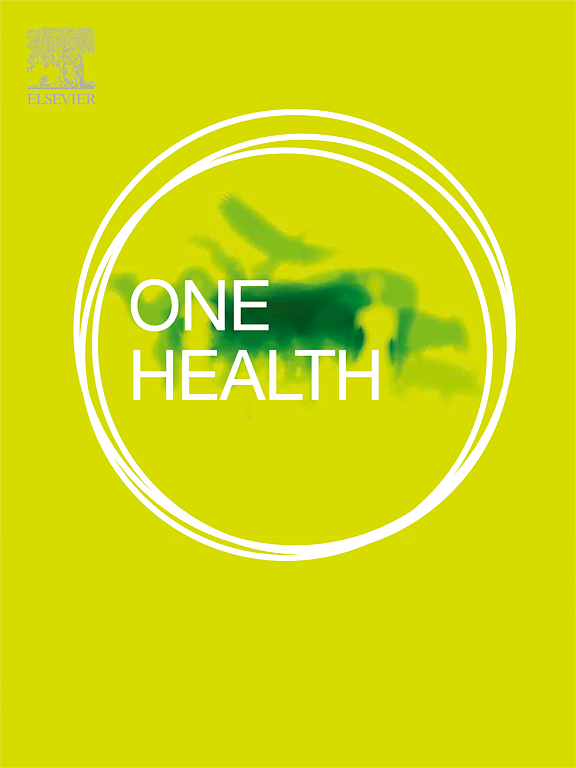Teaching inequity in vector-borne diseases management through a socioscientific issue framework
IF 4.1
2区 医学
Q1 INFECTIOUS DISEASES
引用次数: 0
Abstract
The distribution and management of vector-borne diseases (VBD) are affected by a social and cultural environment, including forms of systemic oppression such as racism and classism. University classes that cover these diseases usually focus on teaching biological concepts while skimming over other social, economic, and cultural factors that influence them. With no current lesson plan widely available to implement, we present a lesson plan intended to be delivered at the end of courses related to disease ecology to emphasize inequity issues that impact VBD management while also serving as a capstone for the biological content taught in the class. The lesson is based on the demographic and disease risk data from local contexts to provide effective place-based and socioscientific issues instruction. The lesson is designed as a role-playing simulation where groups of students are given separate disease outbreaks to combat with specific budgets. Therefore, each group has unequal resources to manage the disease depending on their specific local context. The simulation is followed by a discussion about equity in disease management. To make this activity broadly applicable, the lesson plan has been written in four languages (English, Portuguese, Spanish, and Mandarin) according to a diversity of corresponding locations (Texas-USA, Brazil, Spain, and China), which are included in the supplementary materials. Incorporating this lesson into curricula across multiple disciplines is an important step for developing future entomologists, parasitologists, epidemiologists, and other One Health professionals to address disparities in VBD control and help drive the field forward equitably.

求助全文
约1分钟内获得全文
求助全文
来源期刊

One Health
Medicine-Infectious Diseases
CiteScore
8.10
自引率
4.00%
发文量
95
审稿时长
18 weeks
期刊介绍:
One Health - a Gold Open Access journal.
The mission of One Health is to provide a platform for rapid communication of high quality scientific knowledge on inter- and intra-species pathogen transmission, bringing together leading experts in virology, bacteriology, parasitology, mycology, vectors and vector-borne diseases, tropical health, veterinary sciences, pathology, immunology, food safety, mathematical modelling, epidemiology, public health research and emergency preparedness. As a Gold Open Access journal, a fee is payable on acceptance of the paper. Please see the Guide for Authors for more information.
Submissions to the following categories are welcome:
Virology,
Bacteriology,
Parasitology,
Mycology,
Vectors and vector-borne diseases,
Co-infections and co-morbidities,
Disease spatial surveillance,
Modelling,
Tropical Health,
Discovery,
Ecosystem Health,
Public Health.
 求助内容:
求助内容: 应助结果提醒方式:
应助结果提醒方式:


